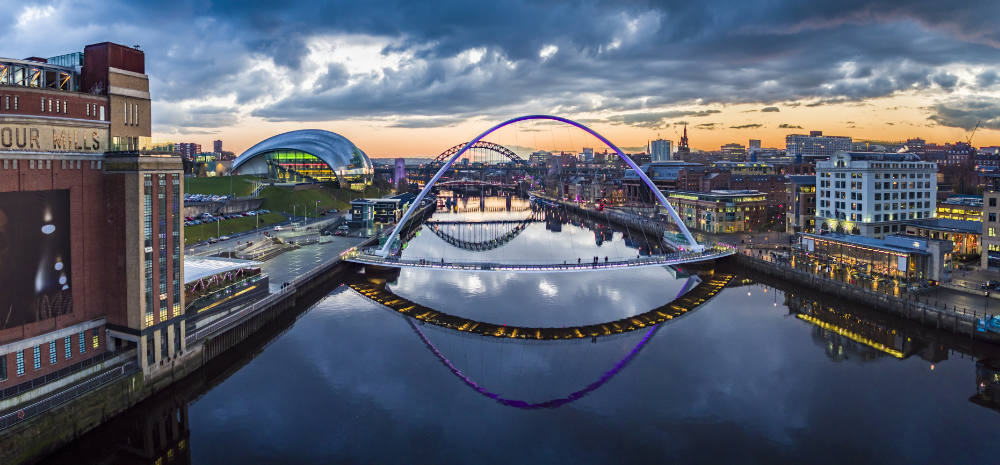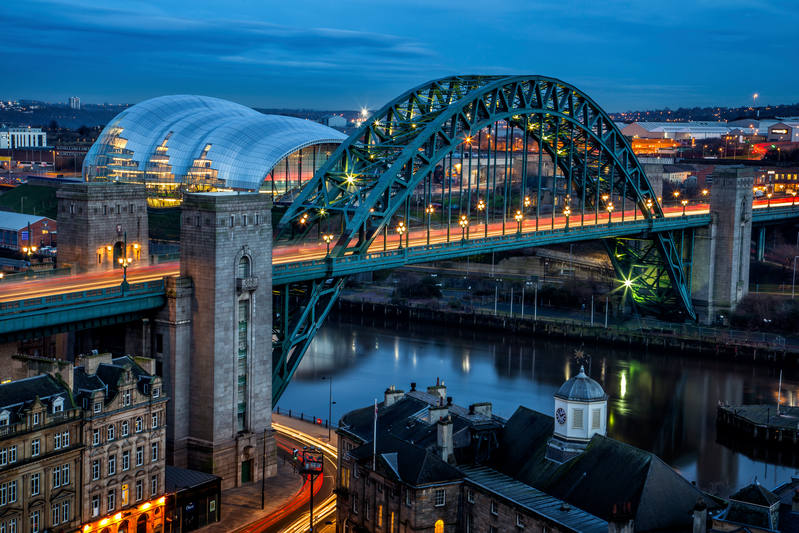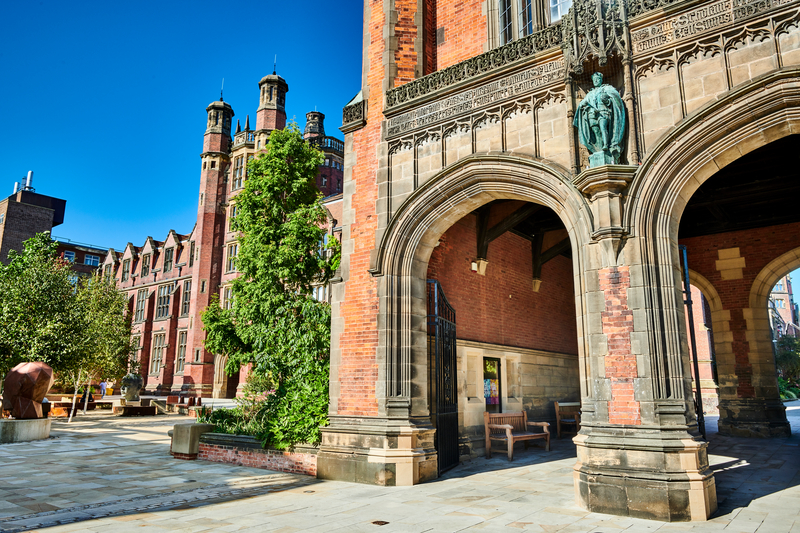Seventh Annual Meeting of the Memory Studies Association (MSA)
“Communities and Change”
Newcastle, United Kingdom, 3 to 7 July 2023
Call for Papers
The Memory Studies Association (MSA) welcomes proposals for its seventh annual conference, to be held in person from 3 to 7 July 2023 at Newcastle University, Newcastle-upon-Tyne, UK.
The theme of the 2023 conference will be “Communities and Change”. This overall conference theme draws inspiration from Newcastle’s specific post-industrial material and social landscape. Newcastle-upon-Tyne is a city in the North East of England, a region with a long industrial history linked to shipbuilding and coal mining. The North East has a strong record of local activism and heritage driven by regional change and deindustrialisation. At the same time, the city’s roots go deeper and spread wider, with its location on Hadrian’s Wall – the northern-most frontier of the Roman Empire. It sits within impressive rural and coastal landscapes, in a rich cultural environment with heritage sites, castles, iconic bridges, museums, and a thriving artistic community. Newcastle is a city committed to social justice, from the Jarrow marchers who took the concerns of the unemployed to parliament to its status as a City of Sanctuary welcoming refugees. The vibrant city continues to be shaped by the changing communities that have made Newcastle their home and through an ongoing engagement with memory and reinvention.
The theme of “Communities and Change” also reflects the dynamism and diversity of Memory Studies as an expanding field. They are topics that both address loss and trauma but also new dynamic opportunities, calling for different ways of thinking about the past as well as the future.
Community is interpreted in diverse ways, operating on multiple levels, from the familial to individual interest groups to more formalised communities, and reaching across multiple locations and scales (in both the physical and digital sense). Within communities and through the generations, memories are constantly being shaped and reshaped. Recent decades have also seen waves of crisis and rising populism, and the forced movement of people as a result of ongoing and emerging conflicts. We live in a time where local and global communities and memories are shifting rapidly and being dramatically reconfigured.
The 2023 conference will therefore highlight approaches to heritage, the post-industrial, public memory, migration, social justice and human rights, offering a series of related keynote addresses, plenary sessions, roundtables and artistic interventions, exploring connections between local, national and transnational memories. It will also foster discussions around the coloniality of memory and the ongoing work of decolonisation, as well as interrogating the ways in which institutional communities and practice are changing. In order to embed the conference in the city of Newcastle, a Cultural Programme of events will run alongside the academic programme, where we will be cooperating closely with local memory activists, cultural partners and heritage sites.
We will be structuring the conference around 10 central interconnected thematic streams, identified as core areas of work within this broader conference theme of “Communities and Change”. The thematic strands may be interpreted widely and are intended to encompass as diverse an historical, geographical, social and cultural range as possible. We therefore invite submissions connected to the following streams:
- Memory, Activism and Social Justice
- The Coloniality and Decolonising of Memory
- Creative Approaches to Memory
- Deindustrialisation and Reinventions
- Conflict, Violence and Memory
- Memory and Diverse Belongings
- Memoryscapes (digital, locational, imagined)
- Beyond Disciplinary Communities
- Movement, Migration and Refugees
- Embodiment
Submission Guidelines
Proposals are invited for panels, roundtable discussions, creative workshops and individual papers from members who are committed to attending the conference in person. The MSA especially encourages complete sessions. Each panel should, in principle, consist of 4 presenters and a chair. Each roundtable should consist of around 4-5 participants with shorter statements and discussions. Each participant may appear as a presenter only once (in either a panel or a roundtable) but can act as chair in more than one panel.
We also welcome proposals for film screenings, performances, exhibitions, etc., to be part of the Cultural Programme. Anyone who wishes to submit a proposal for a creative session is asked to contact the organisers to discuss the proposal and any specific requirements prior to submission.
The final deadline for submissions will be Monday 17 October 2022.
We aim to inform people of the outcome of their submission in mid-December. We aim to provide at the same time the necessary supporting documentation for those needing to apply for visas.
Unfortunately, we do not have the financial or physical capacity to run a hybrid conference, but we will be recording and livestreaming the keynote and plenary sessions to make these as accessible as possible. We realise that this will be very disappointing to many, but the costs of a hybrid conference are prohibitive and would place an insurmountable financial burden on the Association and its members. We will continue to look for creative solutions to try to make a very small number of panels hybrid, but we must prioritise in-person submissions at this stage.
Please send any enquiries to conference@memorystudiesassociation.org.





